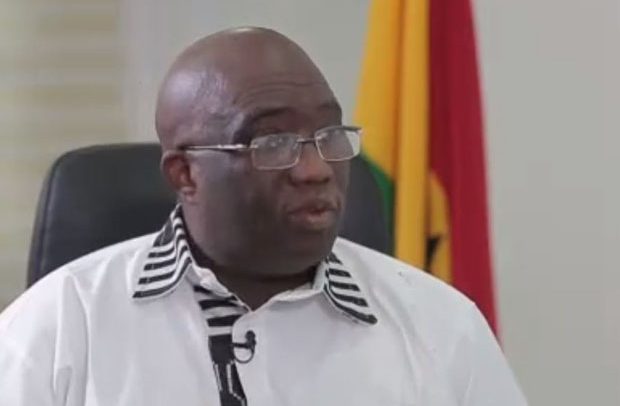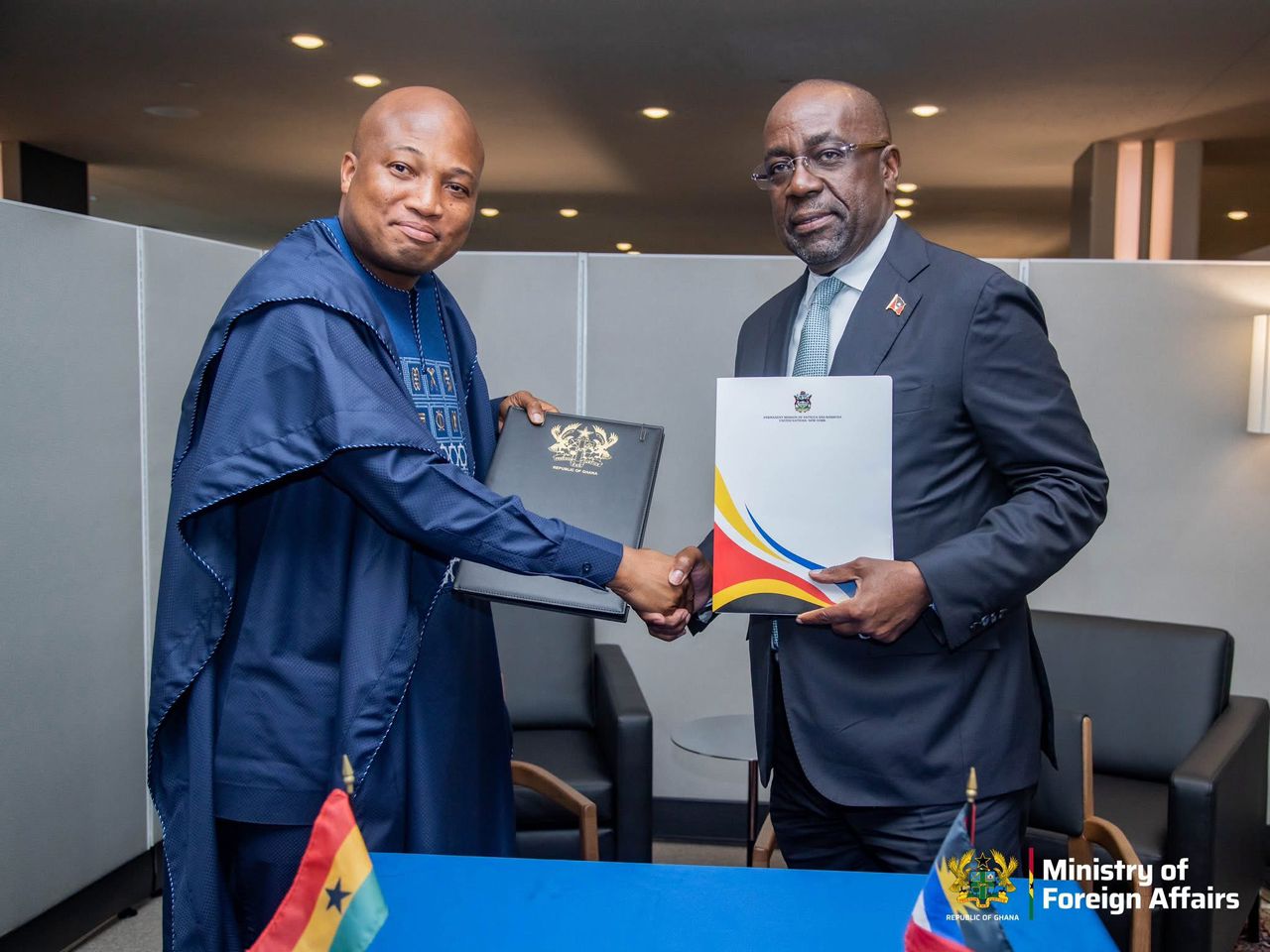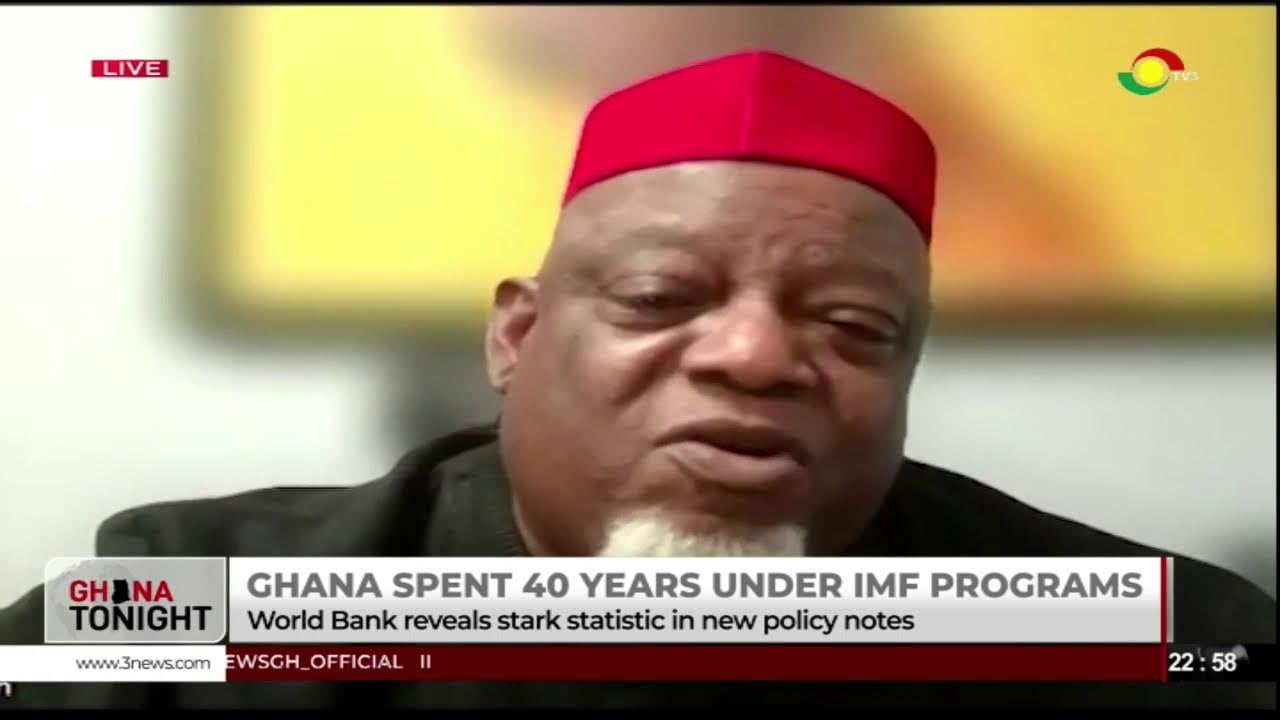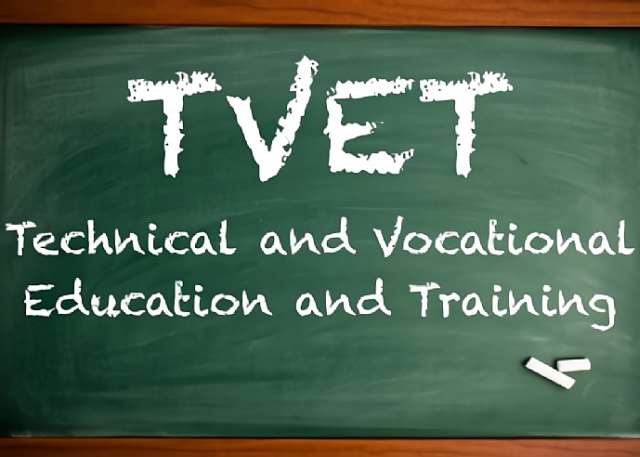
By Ben BRAKO
This article argues for the full restoration of Ghana’s traditional governance system as the sole legitimate framework for national administration.
It critiques the colonial imposition of bureaucracy, highlights the depth of indigenous knowledge embedded in chieftaincy, and proposes a phased plan to modernize traditional governance by absorbing select administrative tools. The goal is not harmonization but consolidation—governing with cultural coherence, spiritual integrity, and administrative efficiency.
Introduction: A nation divided by design
Ghana’s governance remains fractured—not by accident, but by colonial design. The imposition of a foreign bureaucratic system atop an already functional traditional structure created a duality that persists today. This disjointed model has led to inefficiency, alienation, and a loss of cultural coherence.
Before colonialism, Ghana’s communities were governed by intricate chieftaincy systems rooted in ancestral wisdom, spiritual stewardship, and communal accountability. Chiefs coordinated land use, resolved disputes, mobilized labor, and maintained social harmony. Their authority was derived from lineage, ritual, and the lived experience of their people.
Colonial administrators viewed these systems as obstacles to resource extraction. They created a parallel bureaucracy, trained a select elite in European norms, and deliberately excluded traditional leaders from formal governance. This elite inherited the colonial system after independence—cementing a governance model that was foreign in form and disconnected in function.
Today, Ghana continues to operate with two systems: one rooted in culture, the other in colonial legacy. This is not sustainable. The time has come to restore coherence by elevating traditional governance as the singular system, absorbing only the administrative tools necessary for modern functionality.
Indigenous Knowledge: A system beyond bureaucracy
Traditional governance is not a relic—it is a sophisticated system of knowledge, ethics, and administration that predates and surpasses the colonial bureaucracy in many respects.
- Astronomical Intelligence: Indigenous communities use constellations to guide agricultural and fishing cycles. This reflects a nuanced understanding of celestial rhythms—now echoed in modern astrophysics.
- Ecological Stewardship: Sacred groves, river taboos, and seasonal rituals are ecological policies encoded in spiritual language. Chiefs enforce these codes, preserving biodiversity and regulating resource use.
- Spiritual Ethics: Concepts like sunsum (spirit) and okra (soul) foster reverence, accountability, and interconnectedness—qualities sorely lacking in bureaucratic governance.
- Ubuntu Governance: Authority is exercised with humility, consultation, and care. Decisions are made with communal wellbeing in mind, not individual gain.
The cost of bureaucratic persistence
The continued existence of a parallel bureaucratic system undermines governance in several ways:
- Duplication of Authority: Chiefs and bureaucrats operate in silos, leading to overlapping mandates and wasted resources.
- Cultural Alienation: Bureaucracy lacks cultural legitimacy, eroding public trust and participation.
- Corruption and Inefficiency: Detached from communal accountability, bureaucrats often prioritize personal gain over public service.
- Loss of Indigenous Knowledge: Valuable ecological, astronomical, and spiritual wisdom is sidelined, weakening policy outcomes.
Ironically, while Members of Parliament receive financial support for attending funerals and community events, chiefs—who are expected to support their communities during crises, rites of passage, and social obligations—do so from their own resources. This financial strain sometimes necessitates creative resource mobilization, which outsiders mislabel as corruption. In reality, the moral integrity of chieftaincy remains far stronger than that of the bureaucratic elite.
A Unified Governance Model: Traditional Authority with Administrative Backbone
The solution is not to harmonize two systems—it is to subsume the useful elements of bureaucracy into the traditional system, creating a unified governance model that is culturally legitimate and administratively efficient.
What to retain from bureaucracy
- Archival Systems: Record-keeping, land registries, and dispute documentation.
- Data Analytics: Community demographics, resource mapping, and policy impact tracking.
- Technical Expertise: Engineers, statisticians, and planners embedded under traditional authority.
These tools should not define governance—they should serve it. Chiefs must remain the moral and political anchors, with administrative staff supporting their vision.
Building the administrative backbone of chieftaincy
To scale traditional governance responsibly, we must invest in its administrative capacity. This requires a phased consolidation plan:
Phase 1: Foundational Stage (1–2 years)
- Establish a Traditional Governance Secretariat under the National House of Chiefs.
- Digitize customary records: land tenure, lineage, dispute resolutions, and ritual calendars.
- Train secretariats in data management, archiving, and community analytics.
Phase 2: Institutional Strengthening (3–5 years)
- Develop a national database of traditional jurisdictions, leadership hierarchies, and community assets.
- Create regional cultural research units to support chiefs with policy analysis and planning.
- Introduce standardized administrative protocols for budgeting, reporting, and documentation rooted in indigenous ethics.
Phase 3: National Integration (5 years)
- Empower the National House of Chiefs as the sole constitutional oversight body for legislation.
- Transition district and regional governance into traditional leadership structures.
- Phase out redundant bureaucratic offices, retaining only technical staff under traditional authority.
Conclusion: Governing with Soul
Ghana stands at a crossroads. We can continue to operate with a fractured governance model that alienates its own people, or we can embrace a system that reflects our identity, values, and communal aspirations.
The chieftaincy system is not a relic—it is a reservoir of wisdom, legitimacy, and connection. By elevating it as the singular governance model and embedding it with modern administrative tools, we do not regress—we evolve.
Let us move from duplication to coherence, from colonial residue to cultural renaissance. Let us govern not just with systems—but with soul.
Ben is a multi-awarded Ghanaian highlife musician, cultural advocate, and strategic multimedia storyteller
The post Reclaiming the governance soul: Elevating traditional authority as the singular system appeared first on The Business & Financial Times.
Read Full Story














Facebook
Twitter
Pinterest
Instagram
Google+
YouTube
LinkedIn
RSS